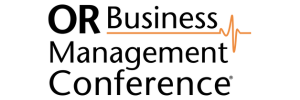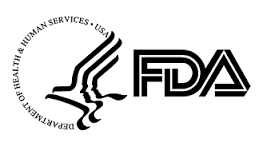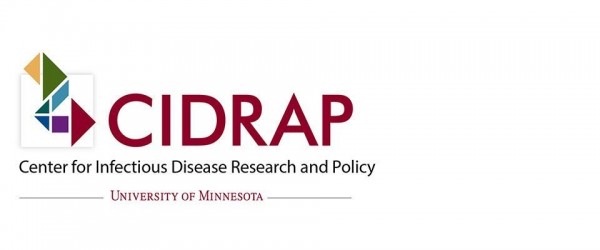
Editor's Note Psilocybin therapy significantly reduces symptoms of depression in frontline clinicians who experienced psychological distress during the COVID-19 pandemic, according to a randomized clinical trial published December 5 in JAMA Network Open. The trial enrolled 30 clinicians, including physicians, advanced practice practitioners (APPs), and nurses, who provided frontline care…

Editor's Note Although the term “value-based care” dates back nearly two decades, payer reimbursement models too often seem more like volume-based care. In a presentation at the upcoming OR Business Management Conference, scheduled February 10-12 at the Saddlebrook Resort in Tampa, Florida, economist Susanna Gallani, PhD, will delve into how…

Editor's Note Findings from The ARRC II study show using advanced recovery room care (ARRC) for medium-risk surgical patients significantly reduces 18-month postoperative mortality compared to standard ward care. As detailed in a December 11 research letter in JAMA Surgery, this benefit appears linked to minimizing early postoperative complications, which…

Editor's Note Balloon catheters for atrial fibrillation patients and implantable radiographic markers were the subjects of separate US Food and Drug Administration (FDA) Class 1 recalls—the most severe category indicating risk of serious injury or death—announced on December 18. The first recall involves Boston Scientific’s POLARx Cryoablation devices. Higher-than-anticipated reports…

Editor's Note Older cancer patients undergoing major abdominal procedures at Roger Williams Medical Center in Providence, Rhode Island, significantly benefitted from the American College of Surgeons (ACS) Geriatric Surgery Verification (GSV) program, Medical Xpress reported December 10. Citing a study published in the Journal of the American College of Surgeons,…

Editor's Note The Leapfrog Group has announced its 2024 Top Hospital and Top Ambulatory Surgery Center (ASC) Award recipients December 17, honoring facilities for standout performance in patient safety and care quality. This year, the national employer watchdog organization named 134 hospitals and 31 ASCs as winners of the national…

Editor's Note Efforts to reduce the risk of postoperative delirium in older patients should focus on preoperative evaluation, anesthesia choices, and medication management, according to the American Society of Anesthesiologists (ASA). Designed specifically for treating adults aged 65 and older undergoing inpatient surgery, these new, evidence-based recommendations are presented in…

Editor's Note Using virtual reality glasses (VR-G) to watch immersive 360-degree nature videos significantly reduces preoperative surgical fear in patients undergoing open-heart surgery, according to a randomized controlled study published November 29 in the Journal of Perianesthesia Nursing. However, anxiety levels were not markedly affected, suggesting targeted efficacy in fear…

Editor's Note A study analyzing data from 124,577 suspected sepsis cases across 236 US hospitals found that antibiotic de-escalation—switching to narrower-spectrum antibiotics or stopping broad-spectrum antibiotics—occurred in less than 30% of cases but was associated with improved patient outcomes, according to December 6 report from the Center for Infectious Disease…

Editor's Note Artificial intelligence (AI) enabled technologies present the greatest technology risk to healthcare organizations in 2025, according to the latest list from ECRI, a nonprofit organization dedicated to safety in the industry. As detailed in the organization’s December 4 announcement, the annual report highlights critical risks that healthcare organizations…